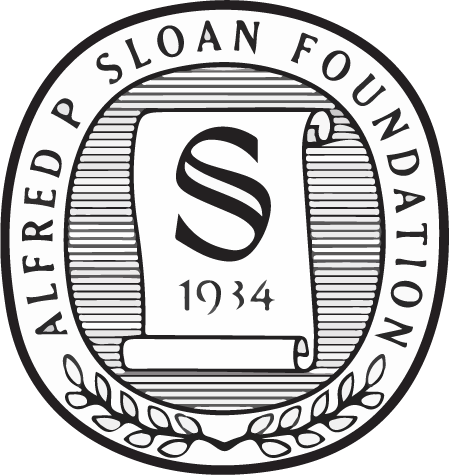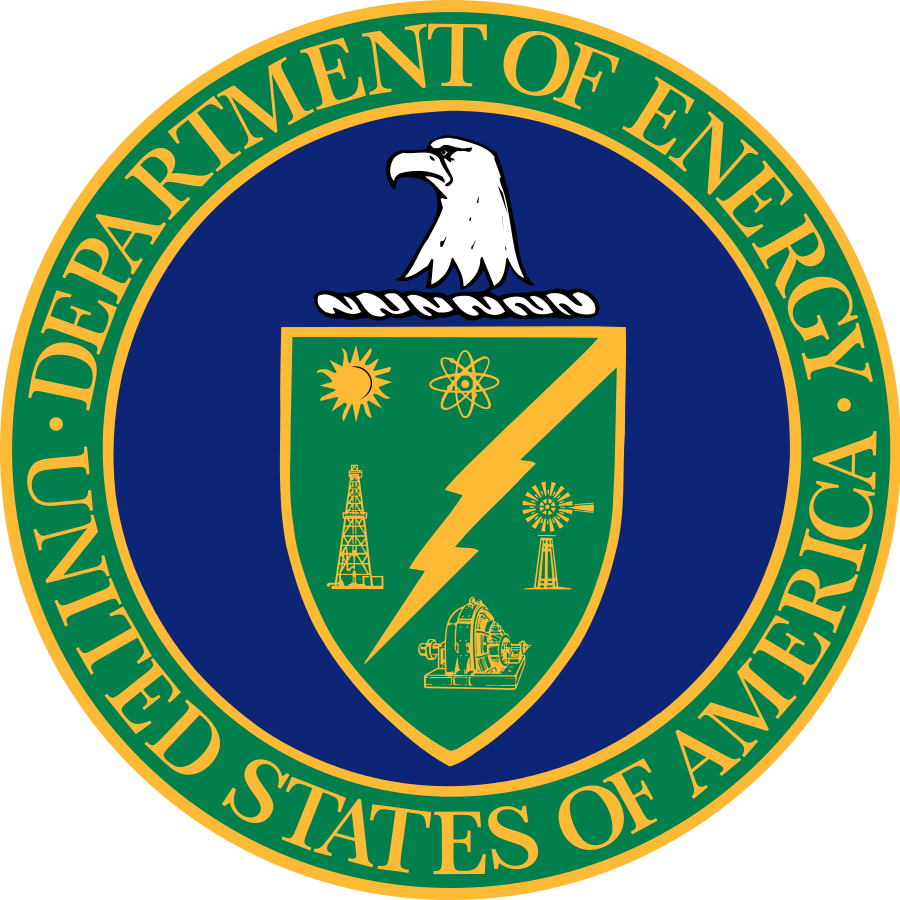COINS
The Committee On Inclusion iN SDSS (COINS) was formed to address issues having to do with inclusion in the survey. Our broad goals are to assess the SDSS project and collaboration’s climate and demographics, to recommend to the collaboration management new policies or practices with regard to increasing inclusiveness, and to assist in the implementation of these new activities where necessary. We publicize our findings to the collaboration and ensure that resources that promote inclusivity are widely accessible. We aim to provide the collaboration tools to improve the climate of equity and inclusion.
Specific initiatives include:
- Identification of effective ways to increase the diversity in collaboration leadership.
- Routine recommendation to SDSS-IV on how best to develop its scientific and technical leadership team, in particular so as to foster greater inclusiveness, ensuring equal participation to the Collaboration regardless of gender, gender identity, race, ethnicity, sexual orientation, disability, career stage, geographic location, economic background, social and cultural backgrounds etc and all possible intersections thereof.
- Routine evaluation the collaboration’s demographics, as measured by the representation in management, science working groups, collaboration meeting talks, and review panels, and other areas.
- Routine evaluation of the collaboration’s general climate, with respect to having a healthy atmosphere for encouraging young scientists to participate and lead scientifically, and for good communication between young scientists and the survey leadership.
Recommendations and Guidelines Documents
Best Practices: A document on best practices for an inclusive environment, which is complimentary to the SDSS Code of Conduct
Meeting accessibility: A set of guidelines and suggestions for making meetings more accessible, including suggestions for the venue, organizers, and participants
Telecon recommendations: A list of recommendations for making telecons more inclusive, along with a few common questions and answers
Chairing guidelines: A set of guidelines for chairing at meetings to help the session be more inclusive and accessible
Download
FAST and REU programs
COINS also helps lead the implementation of the FAST and REU programs aimed at underrepresented minority participation in SDSS.
FAST: Faculty and Student Teams
The FAST initiative was designed to increase the number of under-represented scientists in our collaboration. SDSS member institutes must buy into the collaboration, so membership is often limited to institutes with more support. The FAST program brings in teams of faculty and students from minority-serving universities, giving them funding, mentoring, and full survey participation. In 2016, the FAST program included 5 teams covering the breadth of SDSS research. In 2018, the Sloan Foundation renewed the FAST program for a second 3-year award cycle.
REU: Research Experience for Undergraduates
While REU programs are traditionally run at single institutions, SDSS funded a 2016 pilot program to investigate the possibility of building a student cohort on a distributed REU model. During that summer, six REU students participated in the program, including a week-long boot camp and four different sites.
COINS Members
Current members
Rachel Beaton (Carnegie-Princeton)
Sarah Bird (NAOC)
Adam Burgasser (UCSD)
Brian Cherinka (JHU)
Emily Farr (UW; co-chair)
Amy Jones (Alabama; co-chair)
José Sanchez-Gallego (UW)
Penélope Longa-Peña (U. Antofagasta)
Karen Masters (Haverford; Spokesperson)
René Alberto Ortega Minakata (UNAM)
Jesus Pando (De Paul; FAST liason)
Ashley Ross (Ohio State)
Sarah Jane Schmidt (AIP)
Zachary Slepian (LBL)
Jennifer Sobeck (UW)
Keivan Stassun (Vanderbilt; Chair of AC)
Mariana Vargas (UNAM)
Past members
Francesco Belfiore (2016-2017)
Nancy Chanover (2016-2017)
Diane Feuillet (2016-2017)
Kelly Holley-Bockelmann (2016-2018)
Sara Lucatello (2016-2018)
Audrey Oravetz (2016-2017)
Jamie Tayar (2016-2018)


